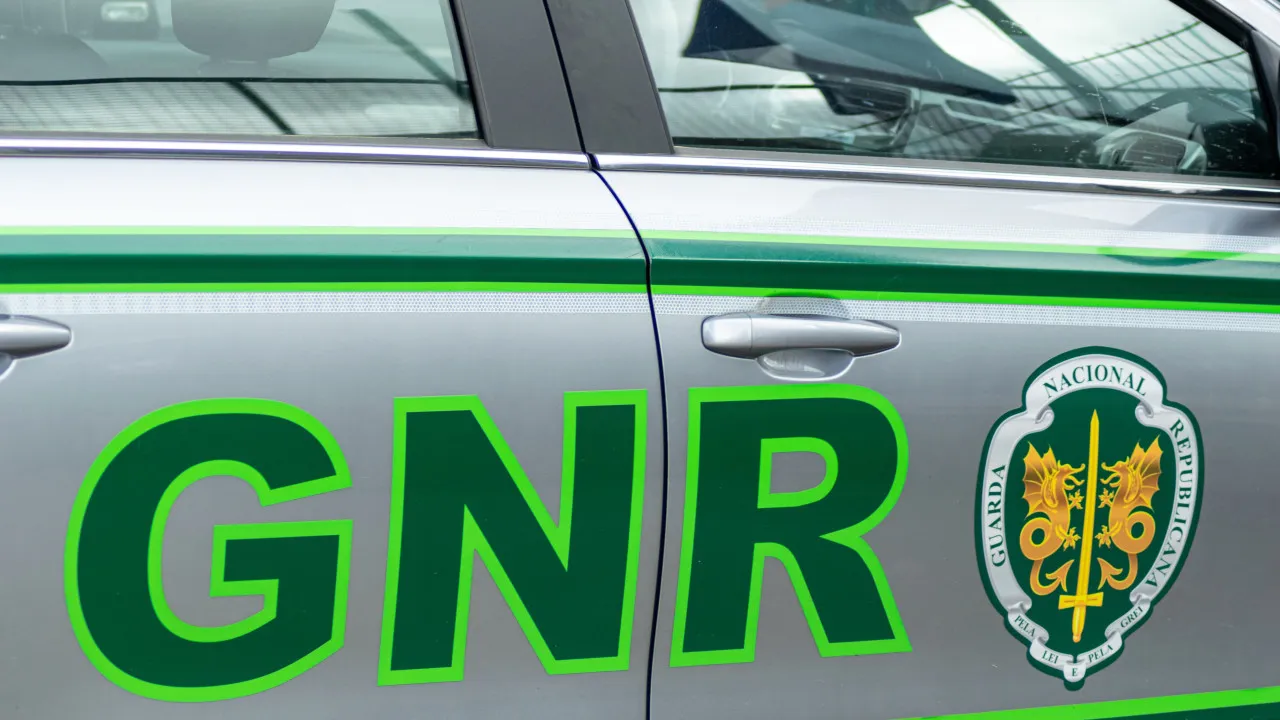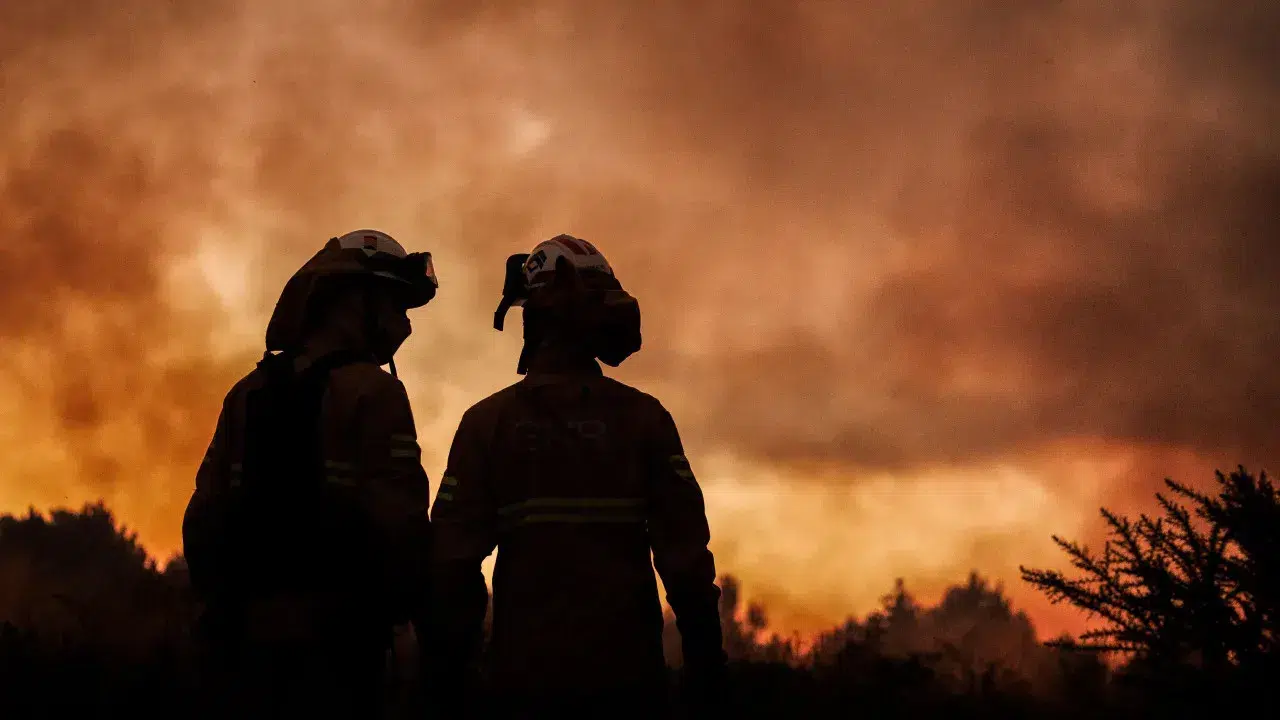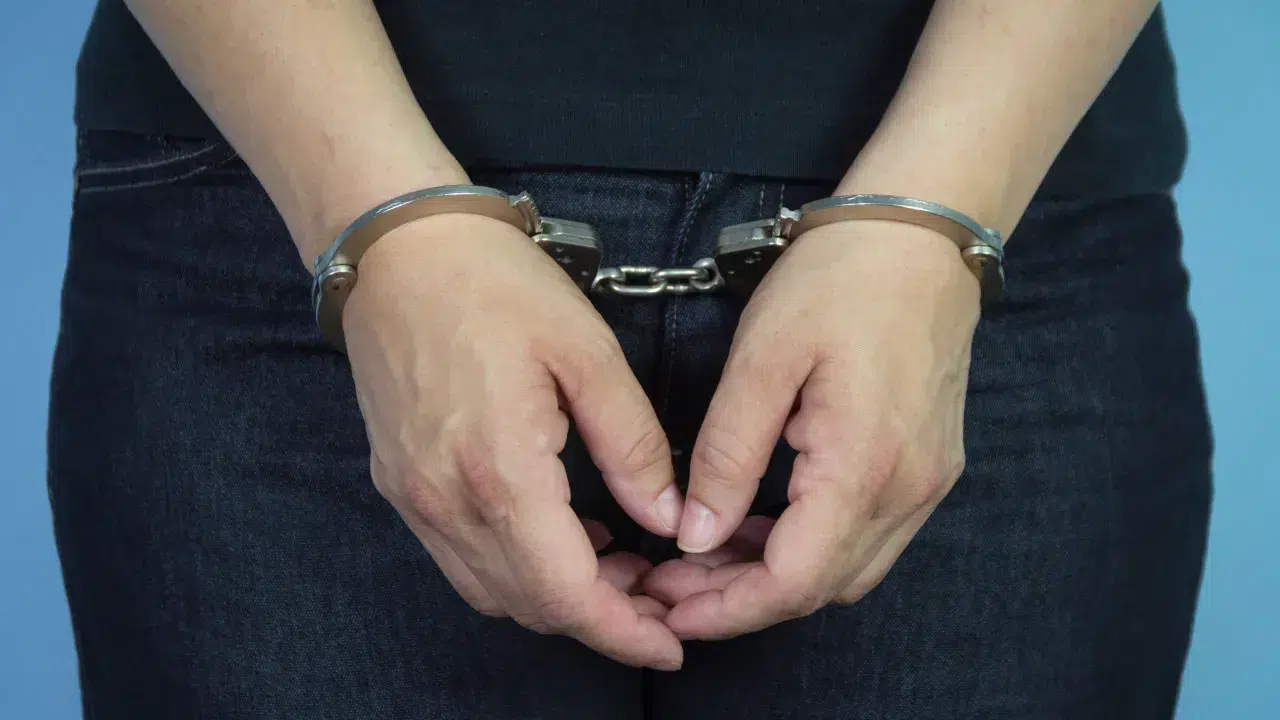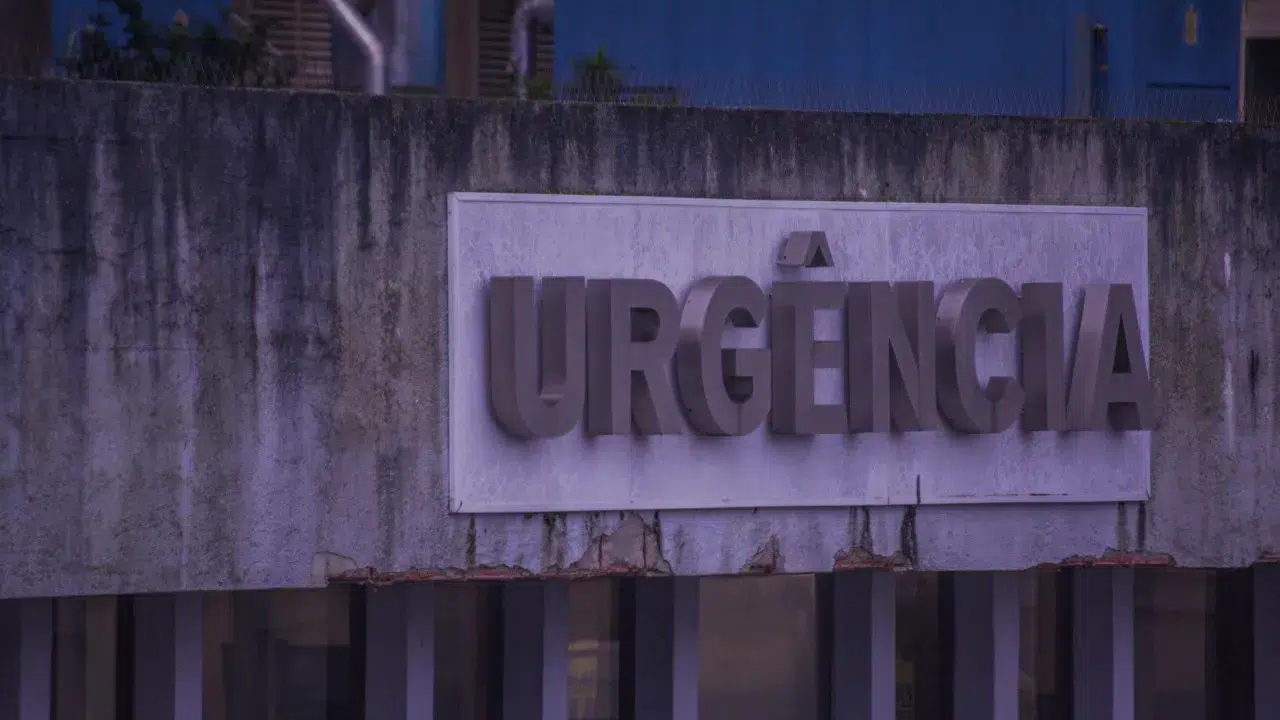
Heightened “visibility patrolling” will continue as long as fire danger necessitates it.
The GNR, employing its various units such as the Protection of Nature and Environment, Territorial, and Criminal Investigation, will intensify surveillance in certain areas of the country, particularly where the predicted risk is high, very high, or maximum, to prevent risky behaviors and rural fires, the statement said.
More than 60 municipalities in the districts of Bragança, Viseu, Guarda, Porto, Coimbra, Leiria, Santarém, Castelo Branco, and Portalegre are currently at maximum fire risk, according to the Portuguese Institute of the Sea and the Atmosphere (IPMA).
Numerous municipalities in the north, center, and Algarve are also at very high rural fire risk, with nearly all other regions of the mainland at high risk.
The IPMA forecasts temperatures in some areas to reach around 40 degrees Celsius in the coming days.
The rural fire danger will remain at these levels at least until the end of next week.
The GNR has urged the public to adopt safe behaviors in forest and agricultural areas during days of very high and maximum fire risk.
The GNR advises against burning waste, starting fires, launching rockets or lit balloons, fumigating or disinfecting beehives, and the movement of tractors, machines, and heavy transport vehicles without fire extinguishers.
On Friday, the National Authority for Emergency and Civil Protection (ANEPC) also warned against extensive burning and the use of brush cutters.
Since January 1 to July 21, the GNR has conducted more than 28,699 patrols aimed at rural fire surveillance and detection, resulting in the arrest of 29 individuals for forest fire crimes and the identification of 458 suspects.
There have also been 3,678 rural fires recorded, resulting in 11,539 hectares of provisional burned area.
“Of the total fires investigated by the GNR, 35% are due to negligent use of fire (burning, bonfires, among others), 22.5% are of undetermined causes, 21.5% are due to arson, 13.3% are accidental (transport and communication), 5.9% are from rekindling, 1.3% are natural causes, and 0.5% are structural (hunting and land use),” it noted.
The GNR reminded that, through the Nature and Environment Protection Service (SEPNA), it has a daily concern for environmental and animal protection, emphasizing that the SOS Environment and Territory Line (808 200 520) can be used for reporting infractions or clarifying doubts.




